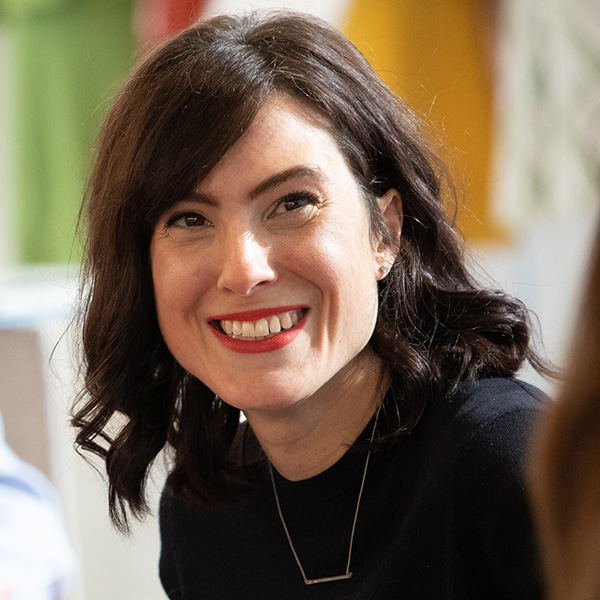This year's Festival of Media, held in Valencia, Spain, honored effective media campaigns from around the globe. In the next few weeks, MediaWorks will take a look at some of the winners, illuminating the insights behind the campaigns and why they worked. This week's case study, from Mindshare, won for Best Use of Content.
For years the idea behind Dove's "Real Beauty" campaign was lost on Chinese consumers. When posed with the question of whether the non-supermodel-type women in Dove's ads were "fat or fabulous," female consumers in China almost always checked the "fat" box -- and for good measure they would add "and ugly." It was obvious that traditional creative advertising was not conveying the idea that "Real Beauty" does not always come in a size two.

In one story line, the ad agency Betty works for is pitching the Dove account, and when a problem arises during the pitch, Betty steps in and provokes a discussion about real beauty. The effort also

Hong Kong-based Mateo Eaton, partner in Mindshare's Invention unit, said the biggest challenge of the campaign was aligning the media and brand teams at Unilever and getting the producers to accept complicated valuation methodology to make the whole thing work.
"The challenge of this and all content campaigns is getting the stars aligned so that a project can go ahead," he said. "You need a program with good fit, a broadcast with good reach and the right audience and good ratings potential, a price that proves value, and a client with budget and campaigns that have the right timing."
What made it a success He said there were several factors that helped make the campaign a success, including the fit between "Ugly Betty" and Dove's messaging. "Ugly Betty is a show about true beauty, which is exactly what Dove's communication is all about," Mr. Eaton said. "The fact that we had guaranteed broadcast on China's hottest satellite network, Hunan, also was extremely important in terms of hitting a truly mass audience." He added that having the show take place in an ad agency made it "phenomenally" easy to script brand communications and story lines about new campaigns that were true to life and timed as they were occurring in the real world.
China's high tolerance for branded programming didn't hurt either, he said, noting that one scene about Dove in the first season crossed two episodes and totaled nearly 50 minutes of product story line and product placement.
Mr. Eaton wouldn't discuss exact figures but said after season five is done, "this will be Unilever's biggest content spend anywhere. It is a multimillion-dollar, multi-season, multi-brand project."
The brand's overall investment for one season, with an average of more than 23 million viewers a night and millions of searches and blog entries, cost less than two weeks of traditional airtime in Shanghai. Couple that with all the press coverage and free PR, and Dove was able to basically double the value of its original investment. Unaided awareness grew 75%, and sales shipments and unsolicited calls from new distributors both doubled.







